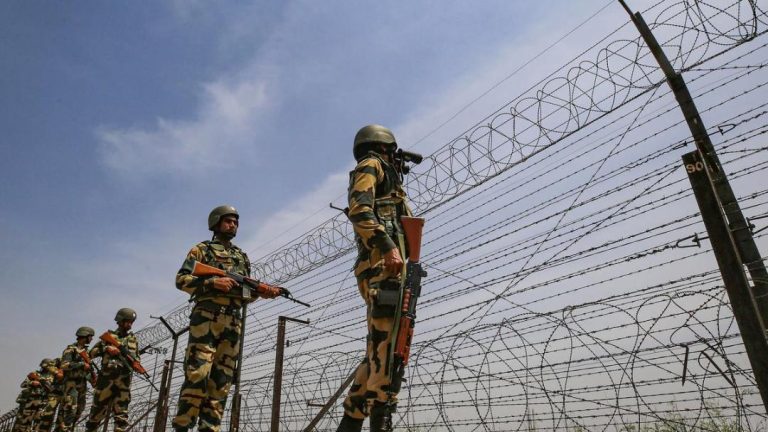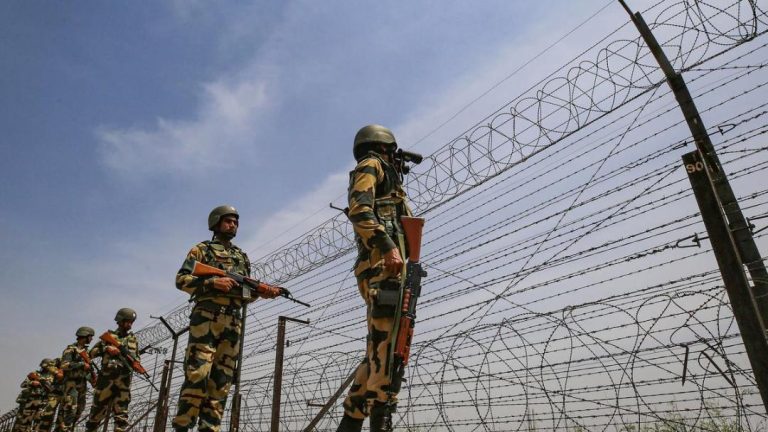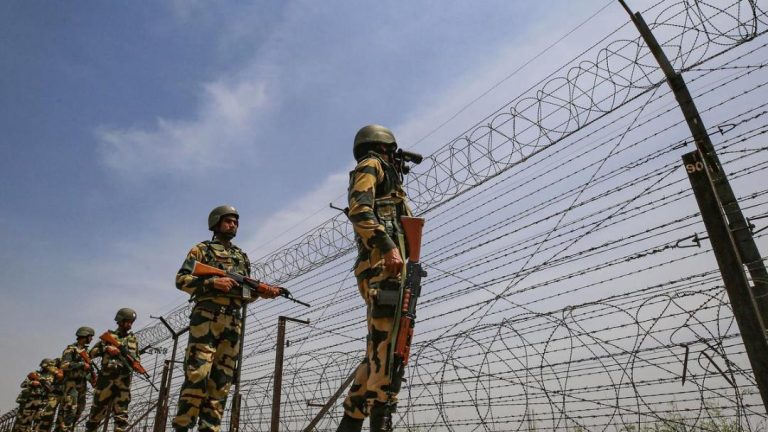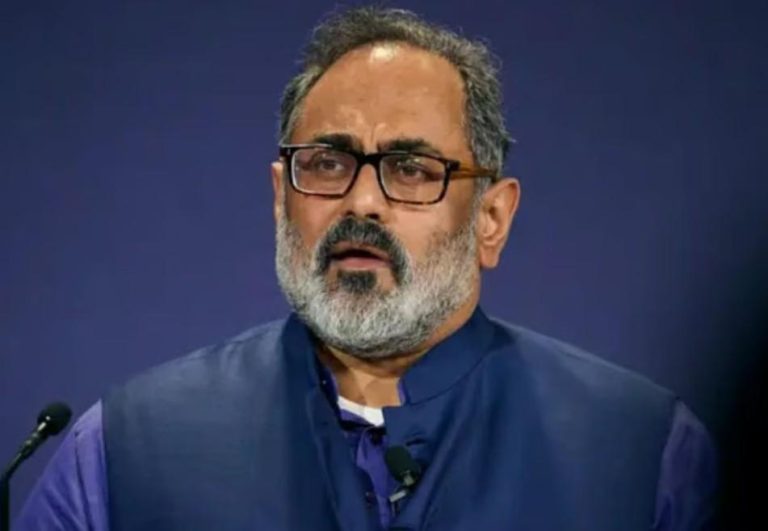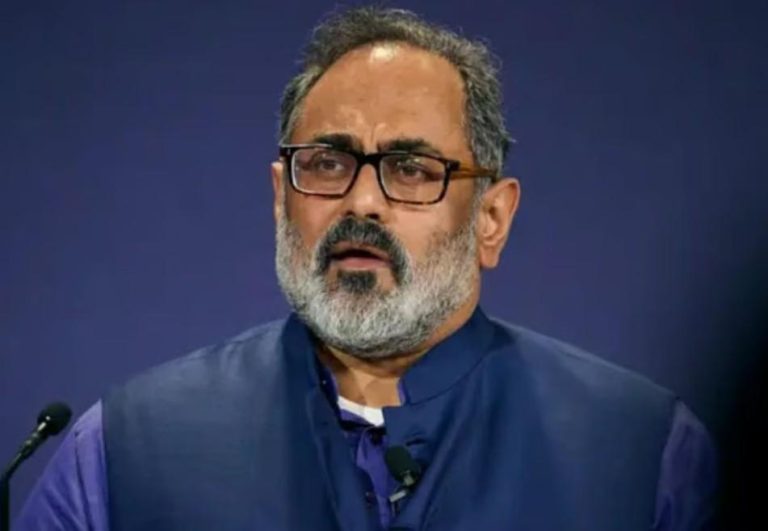
Manipur Governor Orders Upcoming Assembly Session Null & Void
In a sudden turn of events, the Governor of Manipur, Ajay Kumar Bhalla, has declared the seventh session of the 12th Manipur Legislative Assembly, set to commence on February 10, as “null and void” with immediate effect. This decision comes after Chief Minister N Biren Singh tendered his resignation to Governor Ajay Bhalla at the Raj Bhavan in Imphal on Sunday.
The development has sent shockwaves across the state, with many speculating about the reasons behind the Governor’s decision. The seventh session of the 12th Manipur Legislative Assembly was expected to be a significant one, with several crucial bills and motions on the agenda. However, with the session now declared null and void, it remains to be seen what the future holds for the state’s legislative proceedings.
According to sources, the Governor’s decision was taken after Chief Minister N Biren Singh tendered his resignation on Sunday. The Chief Minister’s move was reportedly triggered by a no-confidence motion, which was to be tabled in the Assembly during the upcoming session. The motion was tabled by the Opposition parties, who had been critical of the state government’s performance and policies.
The Opposition parties had been increasingly vocal in their criticism of the government, accusing it of failing to deliver on its promises and neglecting the state’s development. The no-confidence motion was aimed at testing the government’s majority in the Assembly and potentially paving the way for a new government.
However, with the Governor declaring the session null and void, the no-confidence motion will not be tabled, and the Assembly will not convene as scheduled. The reasons behind the Governor’s decision are not yet clear, but it is believed that he may have acted on the advice of the state’s council of ministers.
The development has left many in the state wondering about the implications for the state’s politics and governance. The opposition parties have expressed disappointment and frustration at the Governor’s decision, terming it an “undemocratic” and “unconstitutional” move.
“This is a clear attempt to subvert the democratic process and undermine the power of the people,” said Th. Bishwajit Singh, leader of the opposition in the Assembly. “We will not accept this decision and will continue to fight for the rights of the people of Manipur.”
On the other hand, the ruling party has welcomed the Governor’s decision, terming it a “pragmatic” and “necessary” step to maintain stability and order in the state.
“The Governor’s decision has saved the state from chaos and anarchy,” said Nemcha Kipgen, a senior minister in the state government. “We will continue to work for the development and welfare of the people of Manipur, and we will not let the opposition’s dirty politics undermine our efforts.”
As the situation in Manipur continues to unfold, it remains to be seen what the future holds for the state’s politics and governance. The Governor’s decision has raised more questions than answers, and many are left wondering about the motivations behind the move.
One thing is clear, however: the people of Manipur are the ultimate losers in this power struggle. The state’s development and progress depend on the ability of its elected representatives to work together and make decisions that benefit the people. The Governor’s decision has only added to the uncertainty and instability that has plagued the state for far too long.
As the situation continues to evolve, one can only hope that a solution is found that prioritizes the interests of the people of Manipur and ensures the stability and prosperity of the state.
